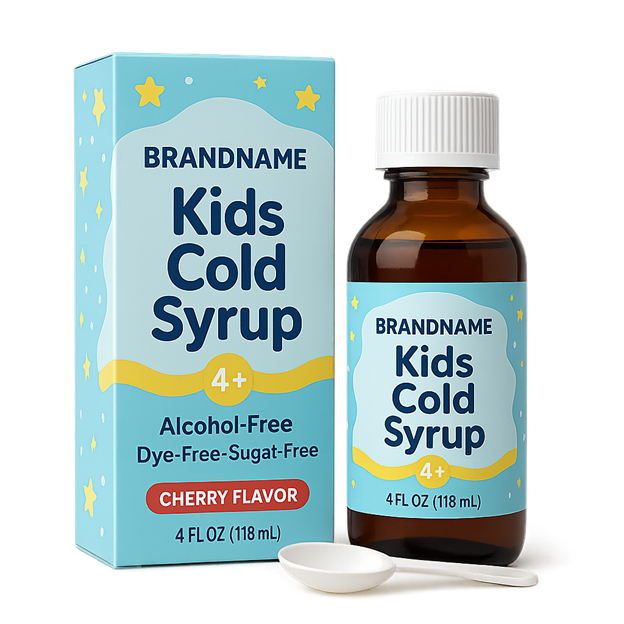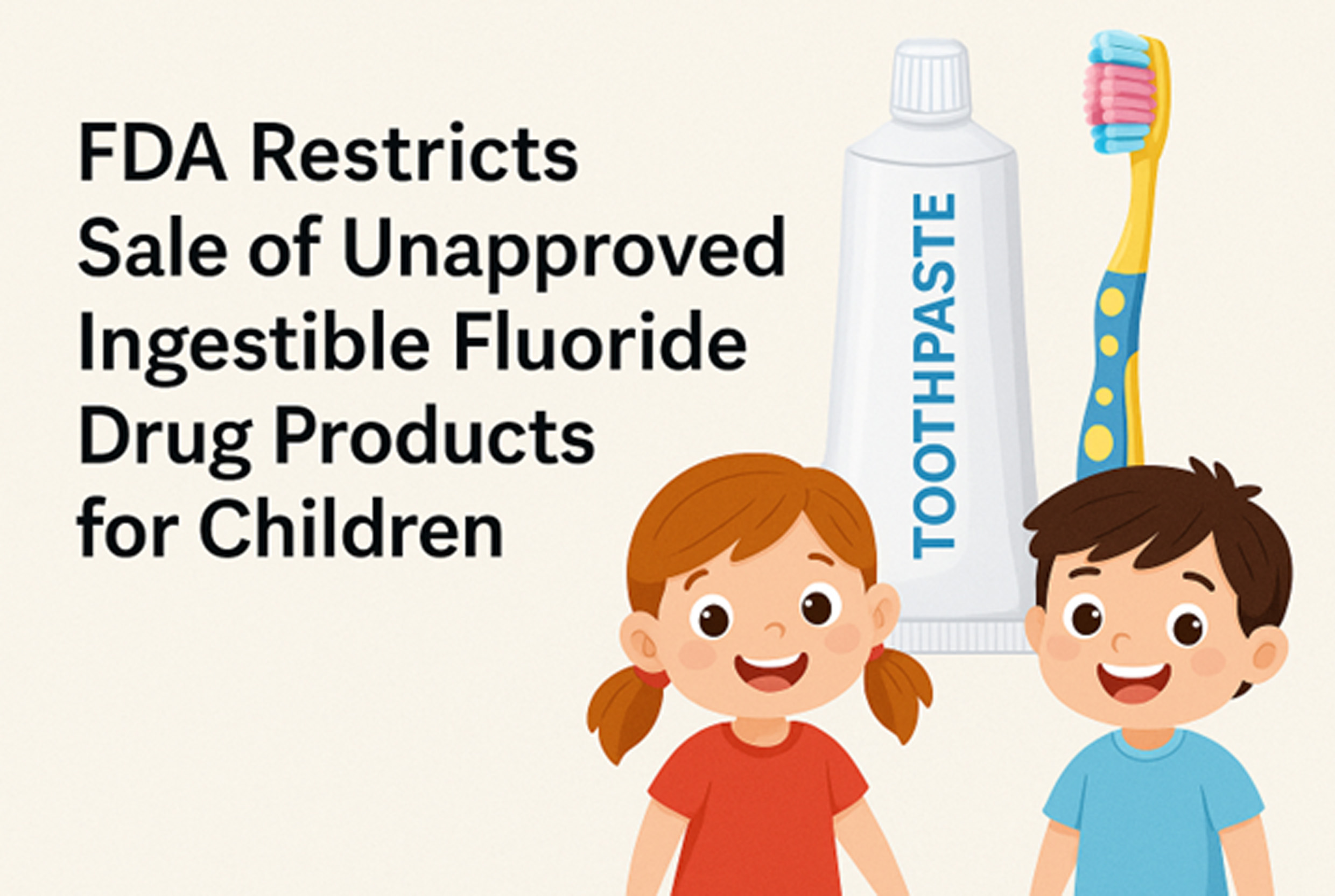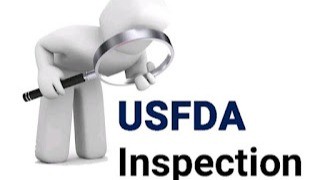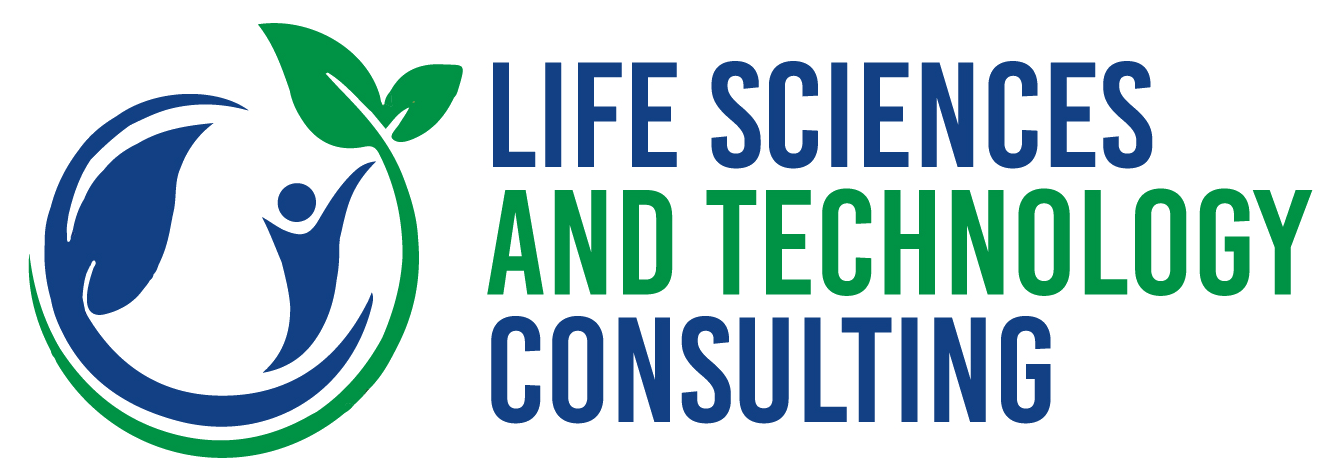In recent weeks, Indian pharmaceutical manufacturer Sresan Pharma has come under public and regulatory scrutiny following reports linking one of its products, Coldrif cough syrup, to tragic health outcomes in children.
What Happened?
According to multiple news reports (NDTV, The Economic Times, India Today), health authorities in Madhya Pradesh and Rajasthan reported clusters of pediatric deaths and serious illness allegedly associated with Coldrif syrup. Symptoms included acute kidney injury and neurological complications.
Subsequent lab testing conducted by the Tamil Nadu Drug Control Department revealed the presence of diethylene glycol (DEG) in some batches ,a toxic industrial compound that has been historically linked to poisoning cases worldwide when mistakenly or improperly used in pharmaceuticals.
One report cited DEG concentrations as high as 48.6% in a batch of syrup, far exceeding safety norms. In response, affected states issued bans on the product, and the Central Drugs Standard Control Organization (CDSCO) initiated investigations.
Compliance & Facility Inspections:
Regulatory inspections of the manufacturer’s facility, as reported by media sources, uncovered over 360 compliance-related issues, including:
- Lack of proper Quality Assurance (QA) systems
- Absence of air handling units, pest control, and environmental safety measures
- Inadequate documentation of raw material sourcing and batch traceability
- Use of raw materials reportedly lacking pharmaceutical-grade certification
These findings have raised concerns about the company’s adherence to Good Manufacturing Practices (GMP), a global standard for pharmaceutical production.
International Attention:
Given India’s role as a major global supplier of generic medicines, the issue has also drawn international attention. The World Health Organization (WHO) has requested clarification from Indian authorities regarding any potential export of the affected product.
According to CDSCO, no contaminated batches were exported. However, the global pharmaceutical community continues to monitor developments, particularly as WHO evaluates whether a broader medical product alert is warranted.
Broader Reflections: Systemic Takeaways
While this case is still under investigation, it raises several important considerations for the pharmaceutical and regulatory ecosystem:
1. Supply Chain Vigilance
Robust supplier qualification, ingredient traceability, and validation protocols must be non-negotiable.
2. Independent Testing
Third-party testing of high-risk ingredients such as solvents can add an additional layer of safety, especially when internal infrastructure is limited.
3. Regulatory Oversight
This incident underlines the need for consistent enforcement, follow-up inspections, and accountability mechanisms at both state and central levels.
4. Transparent Crisis Response
In public health crises, timely and transparent communication from manufacturers and regulators is essential for managing risk and maintaining public trust.
What Industry Leaders Can Do
The Coldrif case, while tragic, presents an opportunity for the healthcare and pharmaceutical community to reinforce core safety principles.
The Coldrif case reminds us that medicine is a matter of trust. When that trust is broken, especially with vulnerable populations like children, the impact is profound not just on those directly affected, but across the entire healthcare system.
As investigations continue, it is vital that all parties ,manufacturers, regulators, and healthcare professionals ,work together to strengthen safeguards, restore trust, and ensure that patient safety remains the industry’s highest priority.
Schedule a Confidential Risk Readiness Consult
Discuss gaps in supplier controls, testing plans, or documentation and no obligation.
Disclaimer:
This article is based on publicly available news reports and official statements as of October 2025. The information presented is intended for general awareness and industry reflection only. It does not constitute legal, regulatory, or medical advice, nor does it make any claims regarding liability or fault.
For reference, here are links to the original news sources:
- Economic Times – WHO seeks Indian clarification over export of Coldrif syrup
- NDTV – 364 Violations Found At Pharma Company Behind Killer Cough Syrup: Sources
- India Today – Tamil Nadu report finds 350+ violations at Coldrif maker
- News9Live – Centre blames Tamil Nadu drug regulator
- Times of India – 14-year lapse in detection of toxic syrup plant








